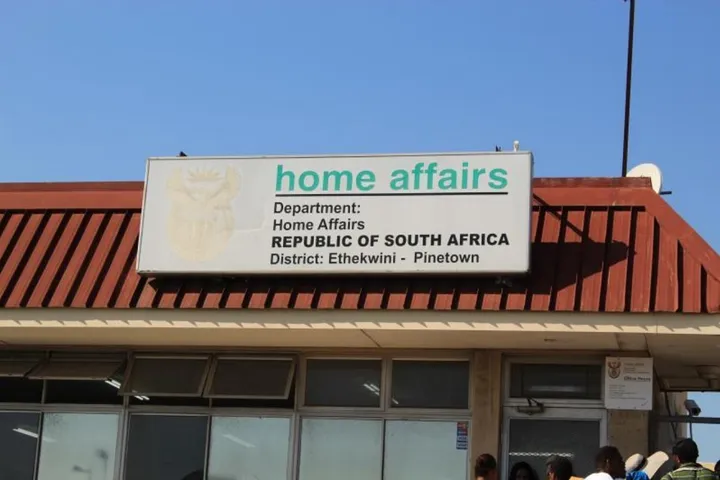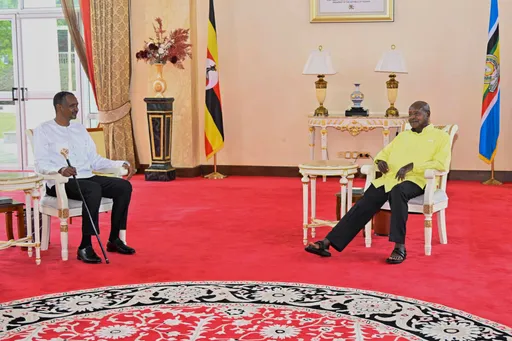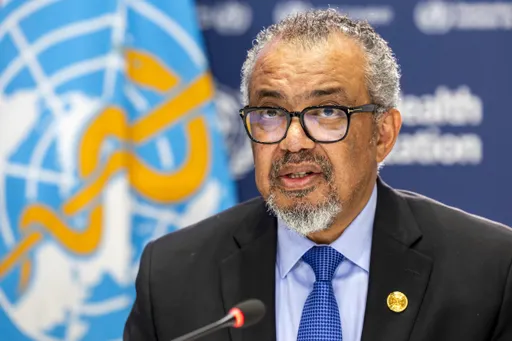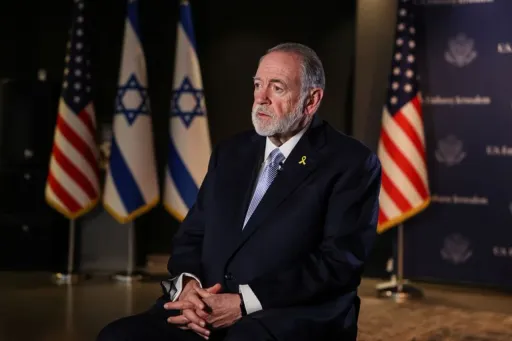US President Donald Trump's recent allegations about a "Christian genocide" in Nigeria have inadvertently spotlighted a diplomatic vulnerability that Africa's most populous country has realised it can no longer ignore.
As Trump doubled down on his rhetoric just over a week ago, evidently under pressure from evangelical groups and some of his lawmakers, there was no Nigerian envoy in Washington to mount a defence, much less explain the country's demographic nuances and security challenges, or even engage directly with American officials.
Indeed, Nigeria hasn't had ambassadors representing the country anywhere in the world for more than two years.
Instead, its embassies around the world are being managed by chargé d’affaires. Although they do their best in diplomatic representation, chargé d’affaires lack the full powers and recognition ambassadors are known to have.
The vacuum, unfilled since President Bola Tinubu took office in May 2023, possibly wouldn't have triggered national heartburn had Trump's unsubstantiated allegations not forced the country to mind the gap.
Amid reports that the President is close to approving the long-awaited list of ambassadorial appointments to Nigerian missions worldwide, many are questioning why these diplomatic pain points weren't addressed earlier.
Complex decisions
The reasons for the two-year delay appear to be both financial and political. Some reports suggest funding constraints while others point to the delicate balancing act required in a country as complex as Nigeria, with regional, ethnic and religious considerations shaping every major appointment.
Tinubu himself acknowledged the difficulty in early September when he received a delegation from his ruling All Progressives Congress (APC) party in Abuja.
"I couldn't appoint everybody that I could have appointed, thank you for your patience till now," he told party members. "I still have some slots for ambassadorial positions that too many people are craving for, but it's not easy stitching together those names."
The President explained that his priority had been to "heal the economy" and "bring hope to the people" first. "Thank you for believing in me," he said.
But the mood in Nigeria has shifted since Trump's allegations emerged. Many Nigerians are alarmed at the possible consequences of not having ambassadors represent their country abroad, especially when national pride is at stake.
Missing the conversation
The implications of not having envoys for an extended period – and not just in one country – go far beyond the current row with Washington.
Suleiman Dahiru, a former Nigerian ambassador to Sudan, is blunt about what it means not to have a voice abroad immediately when needed.
"Nigeria does not have an authoritative voice around the world. By implication, Nigeria has counted itself out of reckoning in international affairs and diplomacy," he tells TRT Afrika.
Dr Aminu Hayatu of Bayero University Kano argues that a Nigerian ambassador in Washington would have infused immediacy into the task of countering Trump's claims instead of waiting for Abuja to frame a response.
"Better and clearer explanation and engagements would have been possible between a Nigerian ambassador, if there was one, and the US government, Congress and maybe even the President," he says.
Improvising a response
While the absence of an envoy didn't cause the tensions involving Trump's allegations – Nigeria's security challenges are far more complex than a single diplomatic posting could resolve – the consensus at home is that the lack of an ambassador has left the country scrambling to respond without the basic tools of statecraft.
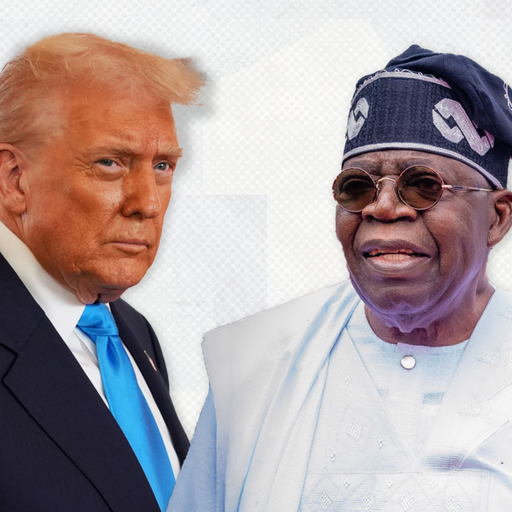
President Tinubu said last Thursday in Abuja that his government was "engaging the world diplomatically" with the assurance that the country would defeat terrorism.
"The task ahead is immense," he said after receiving an update on the country's economic situation.
For now, neither he nor his government has specified how they plan to engage specifically with the US.
Former ambassador Dahiru believes Nigeria needs to send a delegation to the US without waiting for the crisis to escalate further.
"Given the fact that it still has no ambassador in Washington, Nigeria should preferably send a high-powered delegation comprising senior government officials, traditional rulers and senior imams and pastors to go and engage with the American administration and the Senate," he tells TRT Afrika.
He argues that the delegation should also open communication with American media to counter what he calls "the jaundiced story of genocide against Christians".
The term "genocide", Dahiru notes, does not apply to Nigeria. "This is a country where both Muslims and Christians are getting killed by terrorists. In fact, more Muslims are killed," he says.
Strategic appointments
In September, President Tinubu spoke of the difficulty in "stitching together" a list of ambassadorial appointees, albeit without elaborating on the reasons.
The statement led some to suggest that the government at least prioritise appointments to the more critical missions. Dahiru believes the President should have named envoys to the five permanent members of the UN Security Council from the start.
"Nigeria should have realised that the five permanent members of the UN Security Council, along with Japan, Germany, Austria, South Africa and Egypt, should never have been left without heads of missions for even two months," he tells TRT Afrika.
Dr Hayatu echoes him, suggesting that Nigeria should now prioritise ambassadors to major world powers and African countries while taking more time over appointments to other nations.
As Nigerians await the pending appointments, many analysts believe the diplomatic row with the Trump administration is part of the learning curve and would be resolved in time.
What everyone demands is that Nigeria never leaves itself this susceptible again. Trump's allegations may eventually fade, but the lesson about the cost of diplomatic absence should not.




